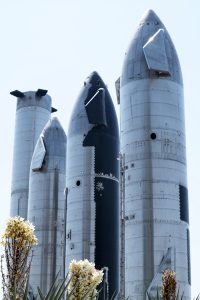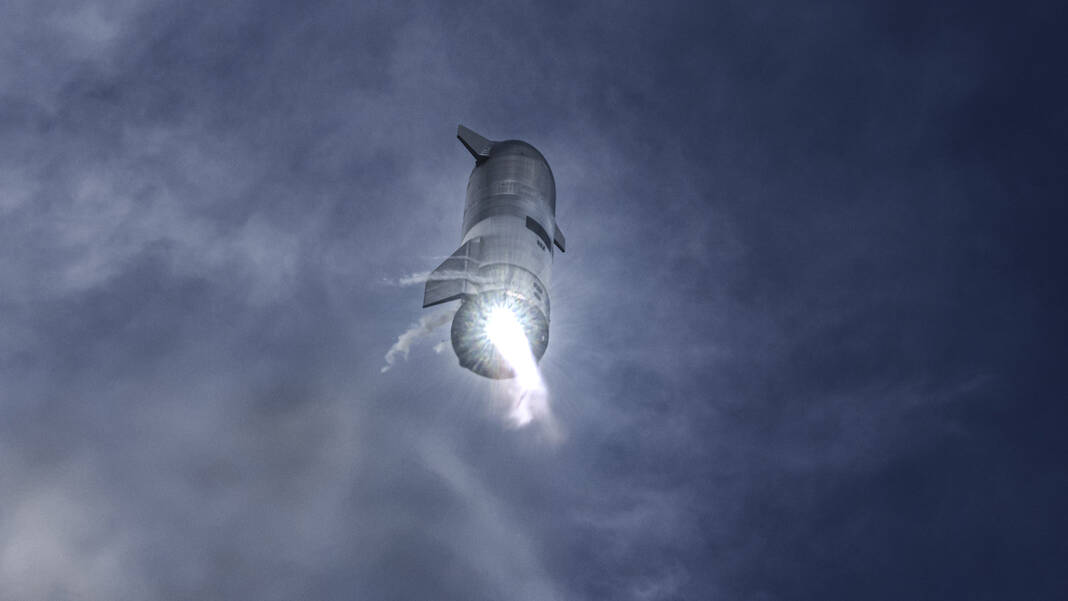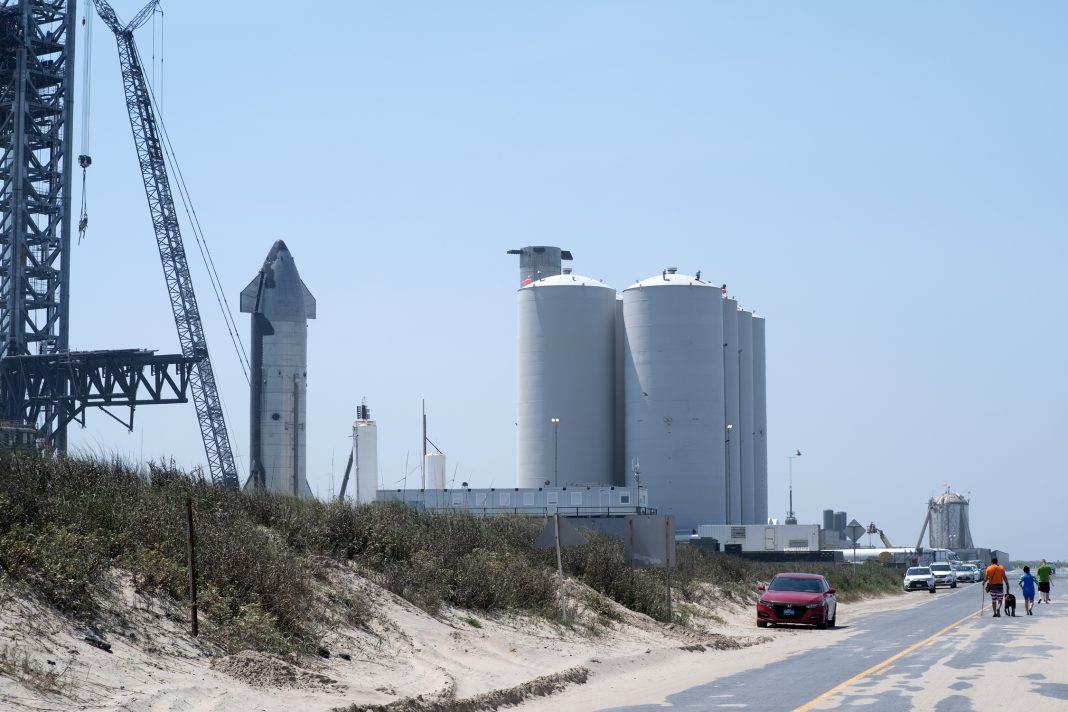|
Only have a minute? Listen instead
Getting your Trinity Audio player ready...
|

SpaceX is suing U.S. Attorney General Merrick B. Garland.
It’s in response to a lawsuit the Department of Justice filed against SpaceX on Aug. 24 alleging the use of hiring practices that discriminate against refugees and asylum seekers.
The DOJ suit claims that “from at least September 2018 to May 2022, SpaceX routinely discouraged asylees and refugees from applying and refused to hire or consider them, because of their citizenship status, in violation of the Immigration and Nationality Act (INA).”
DOJ alleges that the company’s job postings and public statements over several years claimed inaccurately that federal regulations known as export control laws prohibited SpaceX from hiring anyone other than U.S. citizens and lawful permanent residents, or green card holders.
“Export control laws impose no such hiring restrictions,” according to the DOJ suit. “Moreover, asylees’ and refugees’ permission to live and work in the United States does not expire, and they stand on equal footing with U.S. citizens and lawful permanent residents under export control laws.
“Under these laws, companies like SpaceX can hire asylees and refugees for the same positions they would hire U.S. citizens and lawful permanent residents. And once hired, asylees and refugees can access export-controlled information and materials without additional government approval, just like U.S. citizens and lawful permanent residents.”
In response, SpaceX on Sept. 15 filed suit, in U.S. District Court for the Southern District of Texas, against Garland seeking to enjoin (cease) the DOJ proceedings against the company, and denying that it has “engaged in any practice or pattern of discriminating against anyone, including asylees or refugees.”
“To the contrary, SpaceX wants to hire the very best candidates for every job regardless of their citizenship status, and in fact has hired hundreds of non-citizens,” according to the suit.
In addition to Garland, the suit names as defendants DOJ Administrative Law Judge (ALJ) Carol Bell and DOJ Chief Administrative Hearing Officer James McHenry. SpaceX’s suit claims that the government’s proceedings against it unconstitutional “for at least four reasons.”
The suit alleges that Bell, who is adjudicating the DOJ complaint, was unconstitutionally appointed; is “unconstitutionally insulated from Presidential authority because she is protected by two layers of for-cause removal protections”; is unconstitutionally undertaking an adjudication of SpaceX’s rights in an administrative proceeding rather than in federal court; and is “unconstitutionally denying SpaceX its Seventh Amendment right to a jury trail.”

SpaceX’s suit asserts that “given these clear constitutional defects, the Court should preliminarily and permanently enjoin the pending administrative proceedings, declare them unlawful, instruct the ALJ to dismiss the case, and grant such other relief as the Court finds appropriate without delay.”
The company says in the suit that it employs more than 13,000 people in its facilities around the country, including its Starbase facility at Boca Chica, which SpaceX describes as its “fastest-growing facility,” with 13 human-resource employees and six full-time recruiters. The company said it often receives hundreds of applications for a single job posting.
“The Starbase facility advertised for 1,451 distinct positions during the September 2018-May 2022 period cited in the government’s complaint, and received approximately 72,000 applications (of whom about 170 were from self-identified refugees and asylees),” according to the company’s suit.
SpaceX said that “absent any legal or regulatory restrictions (the company) would hire the most talented people on Earth regardless of their origin,” and in fact has hired hundreds of non-citizens, including those SpaceX had to request special permission from the U.S. government to hire due to International Traffic and Arms Regulations (ITAR) that control the export of defense/military technology in order to safeguard national security.
The Starship development work the company is doing at Boca Chica is “substantially controlled by ITAR” and other export regulations, according to the suit.
“Every SpaceX employee has access to technology and data controlled by these statutory and regulatory regimes,” the suit asserts. “These export control laws and regulations are critical to our national security. Moreover, violating them can have severe consequences for a company like SpaceX.”




